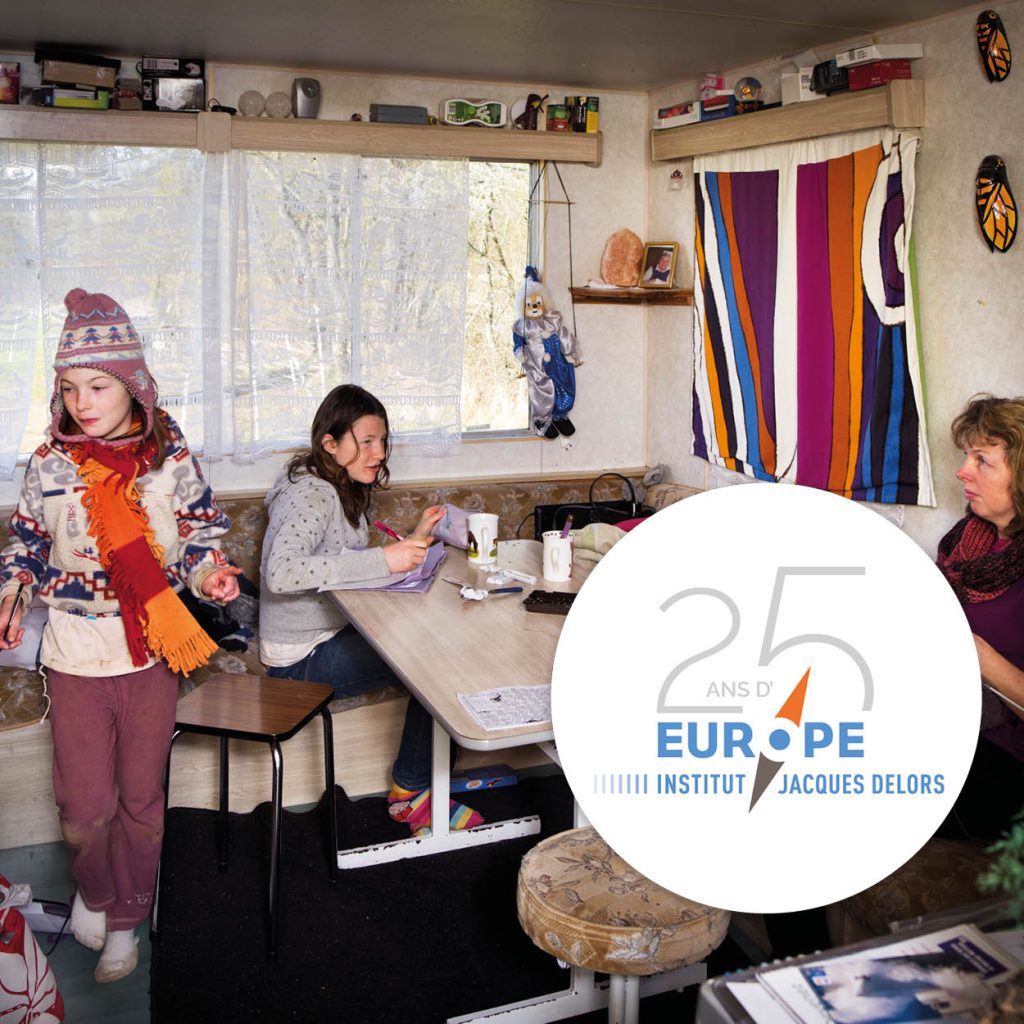Europe needs a political strategy to end energy poverty

During this winter of 2020-2021, hundreds of millions of Europeans are constrained to stay at home because of lockdowns and curfews instituted to contain the propagation of COVID-19. For millions of them, this means staying in poorly heated houses, which causes both discomfort and a threat to their own health.
This policy paper gives an overview of the state of energy poverty in the European Union (EU) and the way this issue is currently addressed by Member States and by the EU. While it appears that energy poverty has generally been decreasing over the last years, in 2019 there were still over 30 million Europeans who claimed to be unable to heat their home adequately in the winter.
Member States have diverse approaches to energy poverty: some tend to focus on palliative measures such as social benefits to support vulnerable households, while others adopt more preventive and curative measures that aim to improve housing energy efficiency and hence reduce the need for energy consumption. Both types of measures are needed to tackle one of the main sources of the problem, i.e. poor energy performance of buildings, while supporting low-income households in affording high energy bills. The COVID-19 health and economic crisis exacerbates energy poverty throughout Europe, though still at a magnitude that remains unknown due to a lack of recent data.
The EU has set over the last decade a framework to fight energy poverty with legislation, best practice sharing and financing tools to support vulnerable households and improve energy efficiency. The Commission’s recent initiative, the Building Renovation Wave, aims to accelerate the deep renovation of buildings to rapidly improve their energy performance and contribute to alleviating energy poverty. And with at least 37% of the €312bn of EU recovery money given to Member States being earmarked for climate action, Member States now have the financial means to lift millions of Europeans out of energy poverty.
In this context, Member States can and should now take much more ambitious actions against energy poverty. As seen in their National Energy and Climate Plans, and in the delays in the submission of National Long-Term Renovation Strategies, energy poverty remains addressed in a fragmented or insufficient manner by most national governments. This is why the EU should now develop a political strategy to give energy poverty more visibility and priority on the agenda to finally lift millions of Europeans out of this situation. Such an endeavour requires resolute action from Europe in its broadest sense, from the EU, to the national and the local levels.
The policy paper thus suggests that the EU and its Member States should embrace a political strategy that makes the objective of lifting all Europeans from energy poverty a key component of the European Green Deal. By focusing first on providing support to energy-poor European families, this paper argues that EU policy makers can adopt tangible decisions that show, in a very concrete manner, that the European Green Deal and the European Pillar of Social Rights are also endeavours to improve the European way of life, starting with the millions of European families who currently cannot properly heat their homes. This should constitute a first political step towards addressing other facets of energy poverty: being unable to cool one’s home during heatwaves, and having no proper access to daily transport services.





